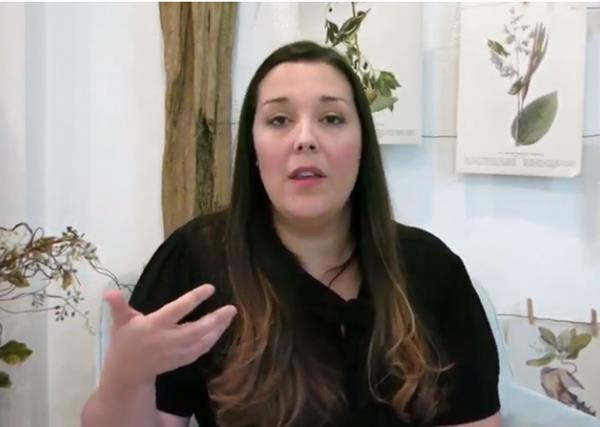Your Prognosis
Find out from your doctor if fertility-sparing treatment is appropriate for your predicted outcome. In some cases, you will need to undergo treatment that will affect your fertility because it is the only safe option for you.
Safety of Pregnancy
Make sure you talk to your doctor about the safety of pregnancy with your specific type of cancer and prognosis after treatment. Every situation is different and should be evaluated on a case-by-case basis.
Understanding the Effects of Treatment
The risk of infertility from treatment depends on many different things such as age, pre-treatment fertility status and cancer type. The type of treatment also plays a role:
Local Treatment
The risk of infertility from treatments like surgery or radiation depends on the type of treatment, location, scope of surgery or dose of radiation.
Drug Treatment
The risk of infertility from treatments like Tamoxifen or Chemotherapy depends on the type of drug, duration it is prescribed and the dosage.
- Tamoxifen: This drug can make your period irregular or go away all together. Taking this drug for treatment can shorten the window of time you are able to have children. Women should not become pregnant while taking this drug because of the risk of birth defects.
- Chemotherapy: Different types of chemotherapy have different effects on your body. Some may make your periods and/or ovulation stop. You may want to talk with your oncologist about the different chemotherapy options that can keep your menstrual function during treatment and that are still effective in your type and stage of cancer.
Things to Consider
Not all cancer treatments will affect your fertility
Make sure to ask your doctor about your risk.
Any woman over the age of 35 years is of “advanced maternal age.”
If you are starting chemotherapy and are 35 years of age or older, you may have less chance of being able to become pregnant. It is very important to be realistic about being able to get pregnant after treatment.
After you have finished your breast cancer treatment, some doctors suggest you wait at least two (2) years to try and get pregnant.
Not all doctors feel this way, and this is best discussed with your doctor and a reproductive endocrinologist (a fertility doctor).
Fertility-Sparing Options Before Treatment
If you’ve talked to your doctor and they feel pregnancy is safe for you after treatment, take a look at the options below for preserving fertility before treatment starts. They can help minimize damage to the reproductive system and/or preserve your fertility:
Fertility-Sparing Surgery Surgery
Removes cancer cells, while making an effort to preserve the reproductive system and its ability to function.
Embryo Freezing
This method provides a way for women to become pregnant using their own eggs when they are likely to stop ovulating and having periods after cancer treatment. Mature eggs are removed, fertilized using in-vitro fertilization (IVF), frozen and stored. The procedure works best if it is done before treatment starts to ensure you have enough embryos.
There are two disadvantages with embryo freezing:
- It takes at least four (4) weeks (one menstrual cycle) which may delay the start of your cancer treatment.
- You must have an available partner or donor sperm.
Egg Freezing
Eggs are retrieved through a surgical procedure before a woman starts chemotherapy or radiation. Eggs are not fertilized before they are frozen. This method is still experimental, but allows the woman to freeze her own eggs without having to have a partner or donor.
Ovarian Tissue Freezing
Ovarian tissue is removed and frozen. There is no need for medicines as with IVF and it lets the woman begin treatment without delay. The tissue can be stored for years and is then re-implanted after treatment is done. This procedure is also still experimental.
*It is important to note that these are just a few of the most common fertility-sparing options for breast cancer patients.
Useful Websites: Fertility Preservation Before Treatment
Livestrong Foundation/Family-Building Options for Women pdf:
Livestrong Foundation/Fertility Brochure:
Susan G. Komen/Unique Issues for Young Women with Breast Cancer:
Young Survival Coalition/Fertility:
Young Survival Coalition/Can I Preserve My Fertility?:
Videos to Watch:

Fertility - Speaking with your MD about Your Options
Dr. Mary Kathryn Rodrigue discusses what steps you should take when you are interested in starting a family and how to talk to your physician about your options.
watch video